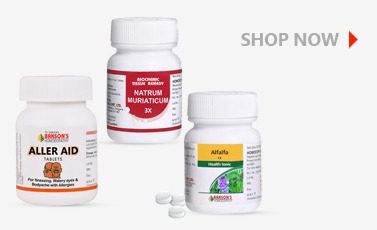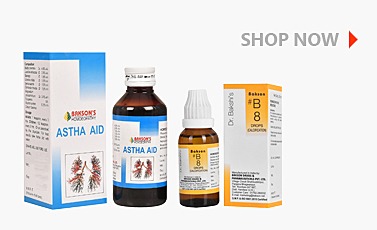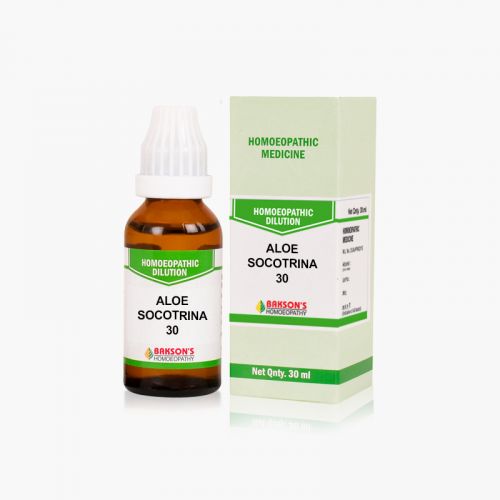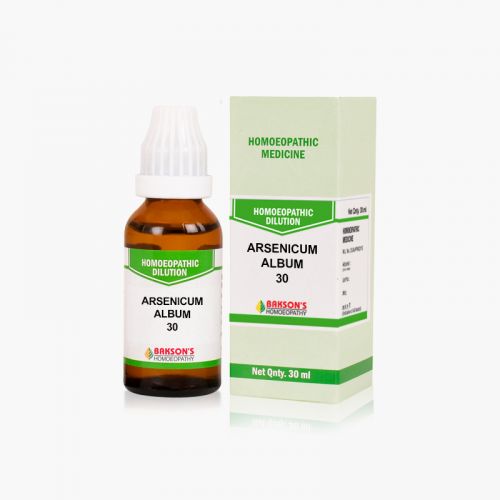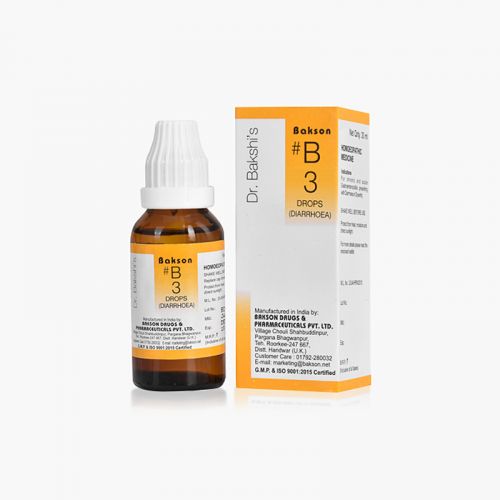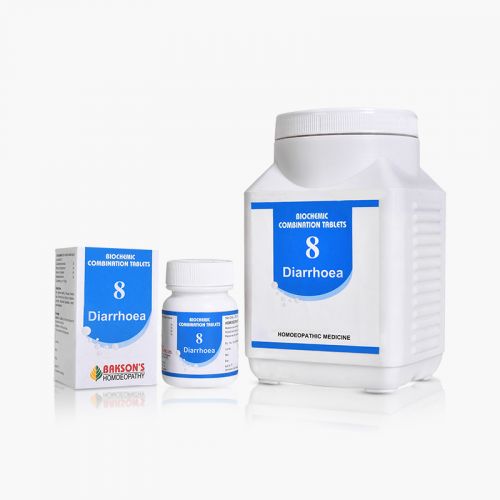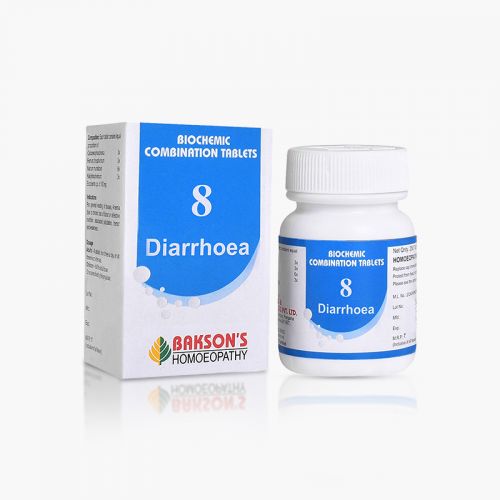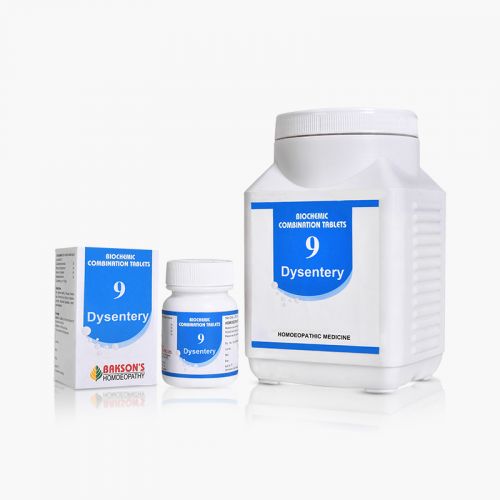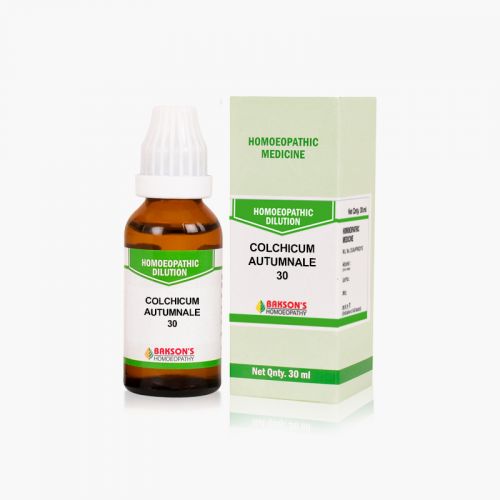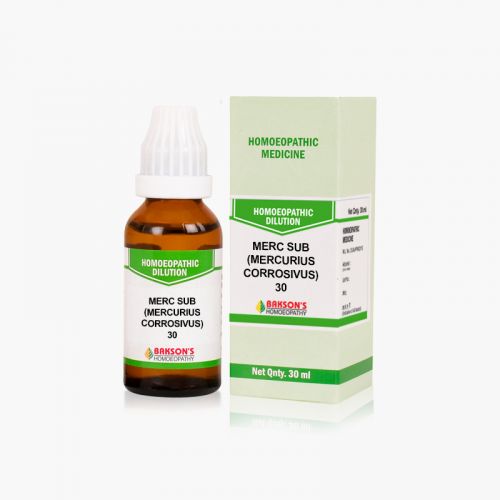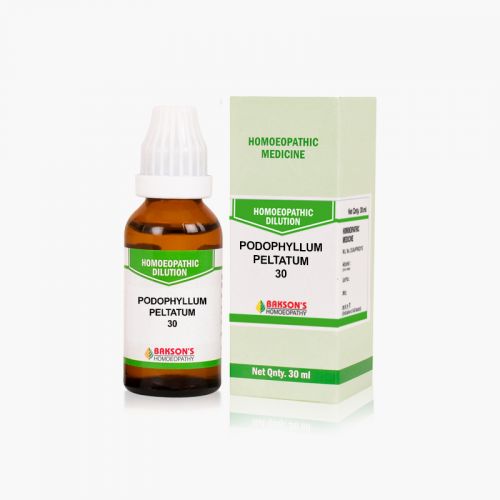We use cookies to make your experience better. To comply with the new e-Privacy directive, we need to ask for your consent to set the cookies. Learn more.
What is Crohn's Disease?
Crohn disease (CD) is a type of inflammatory bowel disease (IBD). The inflammation in this disease affects the entire thickness of the bowel wall from the mucosa to the serosa and it runs a relapsing and remitting course. It is initially mild to moderate in severity but with multiple relapses, CD can progress to severe penetrating (fistulization) and/or stricturing disease.
Crohn's disease is characterized by transmural inflammation which includes the entire GI tract from mouth to the perianal area, most frequently involving terminal ileum and right colon. The lesion develops into the classic cobblestone mucosal appearances and skip lesions along the length of the intestine sparing areas with normal mucosa. The inflammation and scarring lead to bowel obstruction and stricture formation.
Causes
The exact cause is not known, but there is evidence that suggests that the disease results from an inappropriate immune response in the bowel to situations from environmental factors such as drugs, toxins, infections or intestinal microbes in a genetically susceptible host.
Signs and Symptoms
Onset has a bimodal distribution occurring most frequently between ages 15 to 30 years and 40 to 60 years old. It is more prominent in urban than rural areas.
The symptoms of Crohnעs disease often develop gradually. The earliest symptoms of Crohnעs disease can include:
- Abdominal pain (right lower quadrant)
- Flatulence/bloating
- Diarrhoea (can include mucus and blood)
- Fever
- Weight loss
- Anaemia
In severe cases, perianal abscess, perianal Crohn's disease, and cutaneous fistulas can be seen. Enterovesical fistulae may present with pneumaturia, recurrent urinary tract infections, and feculent vaginal discharge.
Diagnosis
Diagnosis is achieved through the cynical signs and symptoms and certain lab tests which include - Stool tests, Blood tests, C-reactive protein (CRP) or ESR.
CT scan of the abdomen and pelvis helps to detect abscesses and fistulization. Plain X-rays are considered when bowel obstruction is suspected.
Management
Certain healthcare measures are recommended for Crohnעs Disease patients -
- Dietary changes and nutritional supplementation.
- Avoid NSAIDs as they may exacerbate disease
- Avoid smoking
- Get mental health counseling as many patients develop depression.
- Any change in the symptoms should be immediately reported with proper timely follow-ups.
Warning: Above information provided is an overview of the disease, we strongly recommend a doctor's consultation to prevent further advancement of disease and/or development of complications.
Disclaimer: The information provided herein on request, is not to be taken as a replacement for medical advice or diagnosis or treatment of any medical condition. DO NOT SELF MEDICATE. PLEASE CONSULT YOUR PHYSICIAN FOR PROPER DIAGNOSIS AND PRESCRIPTION.
- ALOE SOCOTRINA 30₹ 100.00
- ARSENICUM ALBUM 30₹ 100.00
- BAKSON #B 3 DROPSSpecial Price ₹ 160.00 Regular Price ₹ 200.00
-
- BCT # 8 (DIARRHOEA)-250TABSpecial Price ₹ 84.00 Regular Price ₹ 105.00
-
- BCT # 9 (DYSENTERY)-250TABSpecial Price ₹ 84.00 Regular Price ₹ 105.00
- COLCHICUM AUTUMNALE 30₹ 100.00
- PODOPHYLLUM PELTATUM 30₹ 100.00

